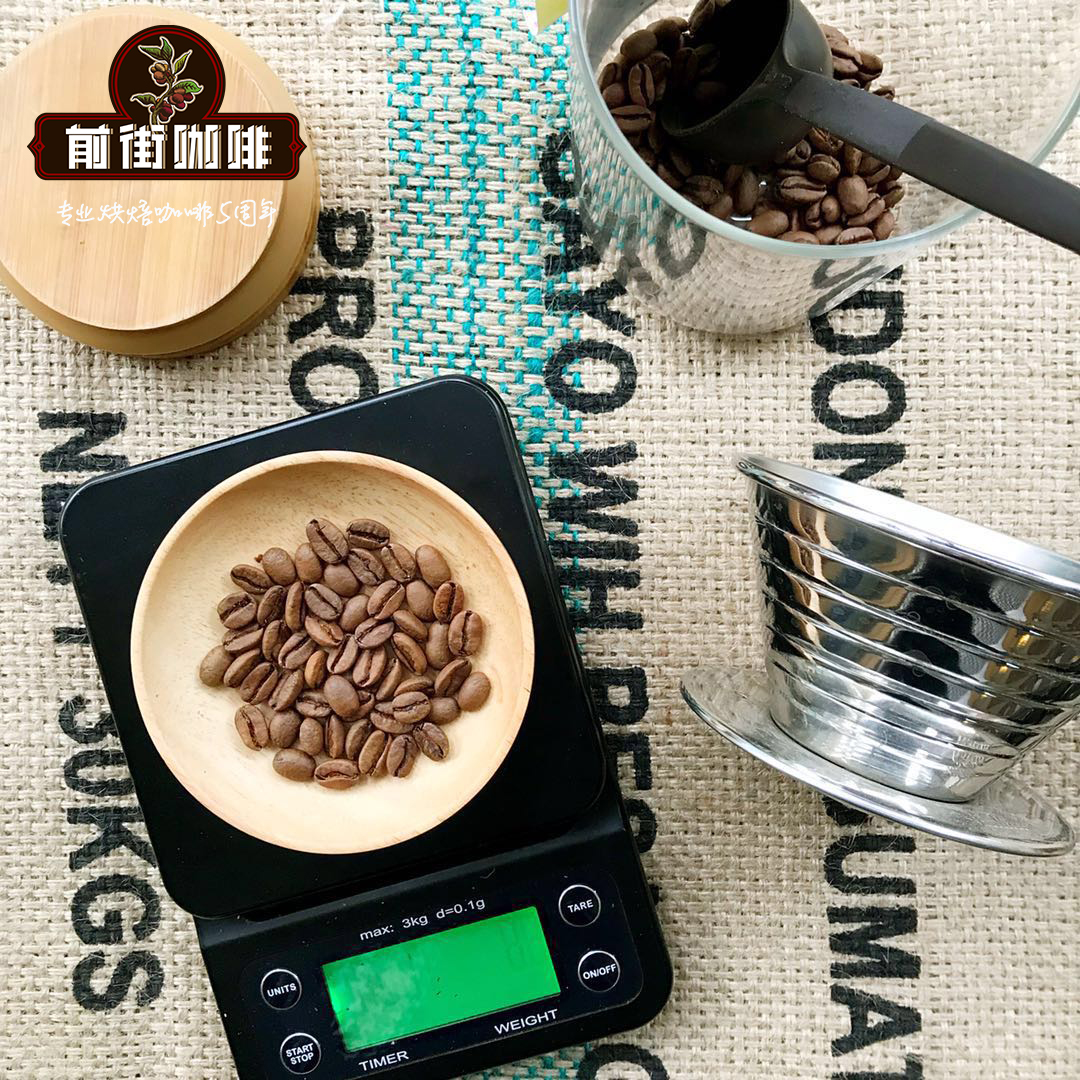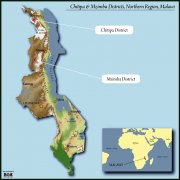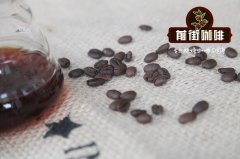What is the effect of water quality on coffee? what's the difference between espresso and hand-made coffee?

In the morning, I watch my drip coffee trickle into the pot and count it toward my daily intake. After all, a cup of coffee is nearly 98 percent water. At the same time, this means that the brewing water has a big impact on the flavor and quality of coffee, and if you are eager to make a delicious coffee, you should use the right water.
By talking to Ivan Mora, a coffee maker in Madrid (now La Colectiva Café), I hope we can understand more about water and how Ivan uses his "homemade water" to make excellent coffee.
Water is usually not just water, but also contains "total dissolved solids"(TDS), which are fine minerals and organic matter that pass through the soil, water purification plant or water supply system and end up in the water, affecting the finished coffee.
However, they affect coffee in different ways and to varying degrees, depending on the "parts per million"(PPM) concentration of the water and the substances of composition, common substances are magnesium, calcium, bicarbonate, all of which greatly affect the flavor of coffee. Maxwell Colonna-Dashwood and Christopher Hendon, for example, found that bicarbonate can modify the acidity of coffee, making it mild in flavor. If the concentration is not right, coffee may taste bland and not like coffee.
Ivan said: "When drinking plain water, we can hardly taste the difference in TDS content." But he believes that when water is used to brew coffee, we can clearly distinguish the differences between water, and a wide variety of minerals affect not only the taste of coffee, but also the way coffee is extracted.
Ivan emphasized: "If the water quality is unstable, you can't make consistent coffee. If the water quality is not satisfactory, you can only make mediocre coffee. Only the most suitable water can make good coffee." But what is the most appropriate water?
Ivan tested many types of water in his quest for exceptional follicular coffee, and he said he thought the most appropriate water had to have a mineral content between 75 and 180 PPM. In fact, he himself mixed various bottled waters (ranging from high to low total dissolved solids) to achieve a water concentration of precisely 137 PPM.
Recently, he gave a coffee tasting seminar to compare the taste and aroma of coffee brewed from tap water, filtered water, and his "homemade water." The only variable in brewing the three coffees is water, all other conditions are the same.
How did it go? He said: "Tap water coffee is really bad, I can't describe the flavor exactly, but it's just bad." Filtered water gives coffee a strong sour taste." But when it comes to coffee brewed with "homemade water," Ivan says it tastes "thick, pure and sour, with no obvious flaws."
He used the same method to brew a fourth coffee with common bottled water, but that brand of water contained a lot of bicarbonate, so the aroma of the coffee was lost and the flavor was affected.
In other words, water is important, but we may not always be able to use the most appropriate water.
If you want to make your coffee taste better with quality water, but you don't want as much water as Ivan tested, good news! The World Fine Coffee Association has published reference standards for water use:
"The water used to extract coffee should be clean, odorless, have a calcium carbonate content of 50 to 175 PPM (water hardness), alkalinity of 40 to 75 PPM, and pH of 6 to 8." But is it easy to meet all the conditions? The quality of tap water varies from region to region and varies daily. Bottled water quality is relatively stable, but each brand of water may not have the same composition.
Christopher Hendon still advocates using magnesium-rich water, but he says,"We can't find water with perfect ingredients that consistently enriches every coffee."
So you may not always be able to use the "best water", but you can improve the water quality by following the above reference standards.
Is espresso brewed in the same water as follicular coffee? The information on the coffee information platform "Barista Hustle" shows that it is not certain.
Follicle coffee can clearly bring out the various flavors and aromas of coffee beans, but the concentrated flavor aroma may not be so obvious, and latte or cappuccino is even more obvious, because milk will further affect the taste of coffee.
Ivan told me: "Every variable in the brewing process is complex and varies from barista to barista, and using 'homemade water' to brew follicular coffee is to amplify the subtle differences in coffee."
Apart from PPS and bicarbonate, we have also discussed many other water quality standards, but what kind of water should be used in actual brewing?
Remember, all brands of bottled water have different mineral profiles, and tap water varies by region.
Ivan advises: "Pay attention to the water you drink and contact the bottler (water company) to find out what's in it. After understanding your own brewing water, you will know what can be improved."
If you love coffee very much, but do not want to rely on "homemade water" to make good coffee, you can compare the ingredients on the mineral water package with the reference standards of the World Fine Coffee Association, brew the same coffee with different brands of water, and then choose your favorite water.
When brewing coffee, we consider the origin of the coffee, processing method, roasting depth, grinding thickness and brewing time, so why not pay more attention to the water?
Water has a great influence on coffee flavor, as long as a little test comparison, according to the test results can lead to the most diverse, delicate coffee flavor and smell.
Important Notice :
前街咖啡 FrontStreet Coffee has moved to new addredd:
FrontStreet Coffee Address: 315,Donghua East Road,GuangZhou
Tel:020 38364473
- Prev

Introduction and Flavor of Kitipa Coffee, the Standard of Malawian production area
Coffee produced in Malawi is rarely distinguished by origin, and coffee producing areas can be regarded as areas delineated for growing coffee, rather than defined by local soil or climate. Chitipa produces several of Malawi's most prestigious coffees. Adjacent to the Songwe River, it is also the natural border between Malawi and Tanzania to the north. This area is also a large-scale Misuku Hills community.
- Next

What are the local conditions? How is coffee naturally affected by climate, soil, etc.?
We often hear the word "local conditions" when we talk about coffee, but what exactly does it mean? Does it have anything to do with the flavor of coffee? Why do we need to care about the local environment? The author interviewed some people in the coffee and wine industries and asked them to tell you what was going on in the country. What are the local conditions? The word vernacular conditions comes from the French Terroir, which is most commonly used when talking about wine.
Related
- Beginners will see the "Coffee pull flower" guide!
- What is the difference between ice blog purified milk and ordinary milk coffee?
- Why is the Philippines the largest producer of crops in Liberia?
- For coffee extraction, should the fine powder be retained?
- How does extracted espresso fill pressed powder? How much strength does it take to press the powder?
- How to make jasmine cold extract coffee? Is the jasmine + latte good?
- Will this little toy really make the coffee taste better? How does Lily Drip affect coffee extraction?
- Will the action of slapping the filter cup also affect coffee extraction?
- What's the difference between powder-to-water ratio and powder-to-liquid ratio?
- What is the Ethiopian local species? What does it have to do with Heirloom native species?

